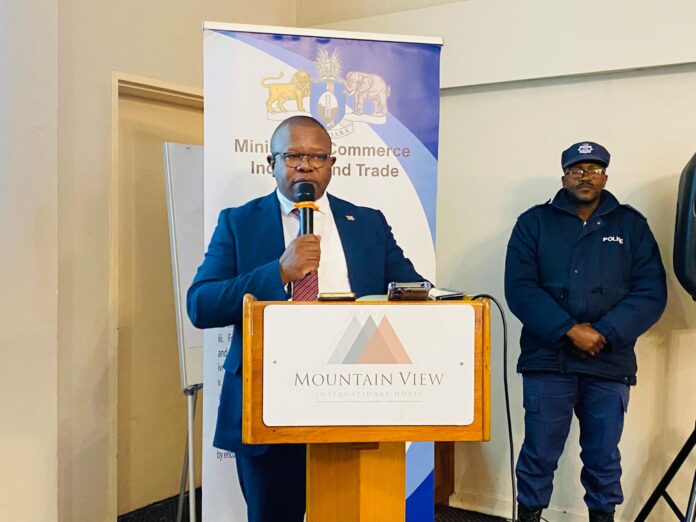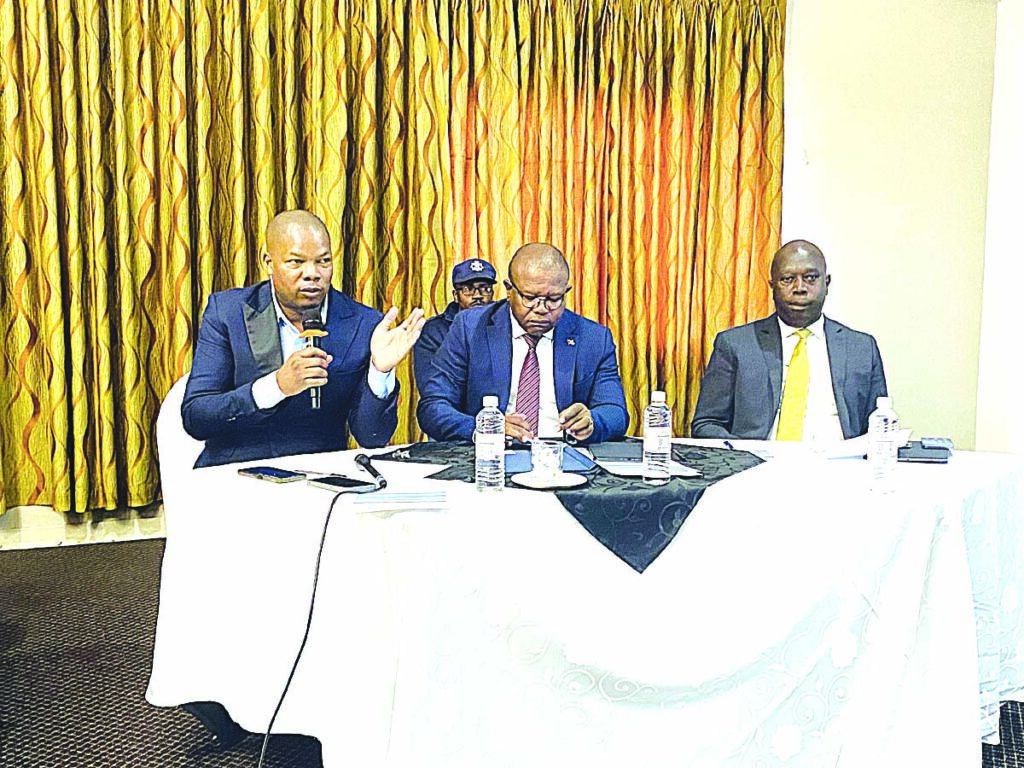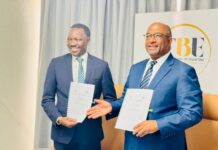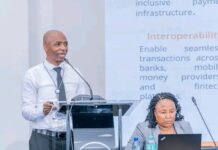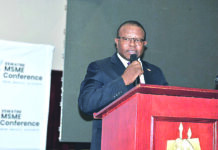The process of getting the Special Economic Zone (SEZ) Licence is quite difficult and cumbersome.
Minister of Commerce, Industry and Trade Manqoba Khumalo stated this as one of the challenges and gaps noted in the Special Economic Zones (SEZ) Act of 2018, hence the need for an amendment.
He was speaking during his meeting with portfolio committee from the House of Assembly for the Special Economic Zones Amendment Bill of 2024 at Mountain View Hotel yesterday.
Since the formation of the Special Economic Zones Act, a number of issues were raised by local and international stakeholders which were seen as a hindrance in the implementation of the Act, as a result the ministry then considered that an amendment was due.
Khumalo shared that there is a committee placed by the current law with representatives from different institutions like Eswatini Revenue Service (ERS), Central Bank of Eswatini (CBE), the Royal Science and Technology Park (RSTP), different government ministries and more.
Also Read: UNESWA Law students form own law firm
He added that they were trying to address the concerns so that the process of applying gives more autonomy and independence to the developer, because currently the process was cumbersome.
“The process of getting the Special Economic Zone (SEZ) licence is quite difficult and cumbersome hence the need for an amendment. Many local and international developers have complained of the challenges they face,” he said.
Adding, he said the issue of special economic zones was one of His Majesty the King’s visions for the country to advance in technology, research and biotechnology and for the country to lead in information and communication technology (ICT).
He said the Act was formed with the King’s vision in mind, that there would be new investments that would bring the latest technology, create new jobs in the country and spread to the rest of Africa.
Khumalo added that the issue of SEZ was not effective up to now, because the country did not even have one company operating in the SEZ in the country. He said licences that would work in the special economic zones were granted but the investing companies never start working.
As a result, he said they had to introspect on what led to the above and found that there were some gaps and challenges within the Act hence the request to the portfolio committee to advise so that local and foreign investors set up in the SEZ.
The minister added that the developers that hold the special economic zone developer licence expressed that the way things were done were too centralised, and should be corrected in such a way that it has a one stop shop mentality; where one could get all the assistance needed in one place.
He also said the legislation had gaps that open doors to money laundering risks cited by international organisations, that advised on safe-guards and controls that we can add so that we close the gaps.
“We have a list of issues that we compiled that we wish that you help us to amend in the legislation. However, let me mention a few that we cannot leave without resolving.
“These include that 80 per cent that is produced has to be exported outside the Southern African Customs Union (SACU), this prevents qualifying for the SEZ.This is a problem because many investors that come into the country target South African markets, therefore getting someone who says they can produce more than 80 per cent for exports is almost impossible.
This is one of the things we need to fix,” added the minister. Meanwhile, House of Assembly Portfolio Committee Chairperson Masiphula Mamba noted that the current Special Economic Zones (SEZ) Act was old with existing gaps and challenges that prevent investors to establish themselves in the country.
He said the Special Economic Zones (SEZ) were designated geographical areas or buildings which have the potential to be developed.
The Khubuta MP noted that the existing SEZ Act allowed investors to operate in the country through special arrangements.
Currently, he said the country had two Special Economic Zones at Sikhuphe and the Royal Science and Technology Park at Nokwane, with readily available infrastructure for investors to start working. Mamba however stated that one of the challenges faced was that the piece of legislation provided for investors to export most of their produce outside Southern African Customs Union (SACU), whereas a major player in the country’s economy is South Africa, a member of SACU.
“Business people want to have local markets, and the Act currently allows most exports to be beyond SACU which means that they should explore non-existing markets hence their resistance in investing in the country. We are basically here to look into some of the proposed amendments that we can make, putting into consideration the increase in money laundering. There were many loopholes in the current Act that enabled laundering of funds,” stated Mamba.





